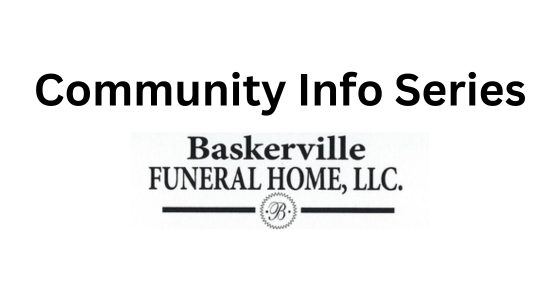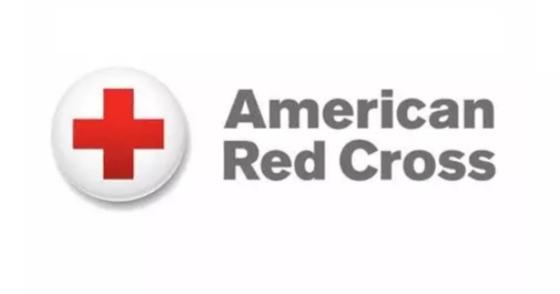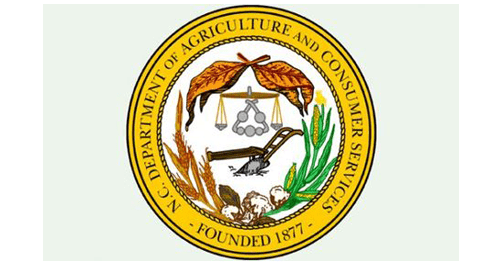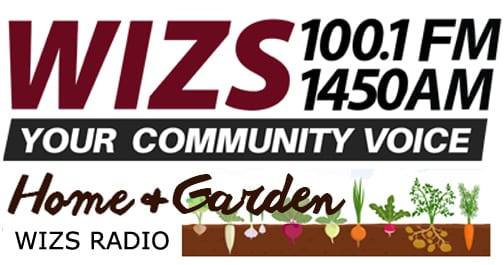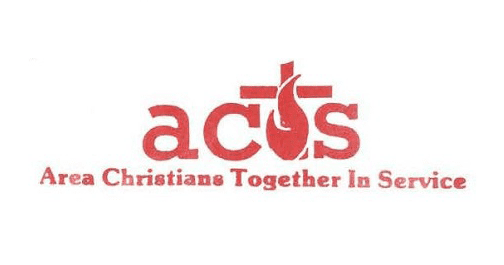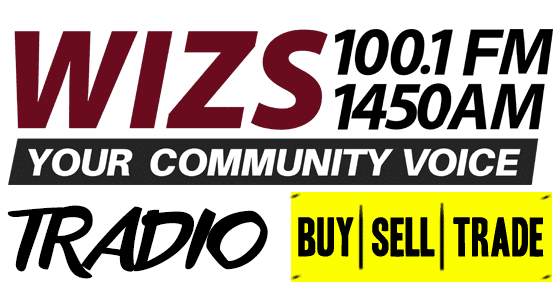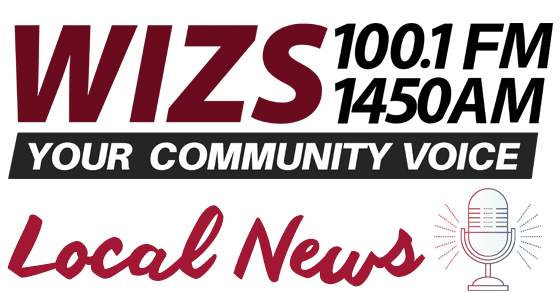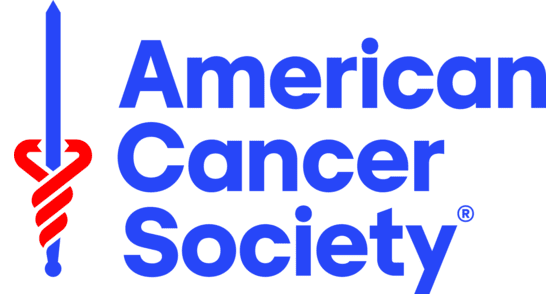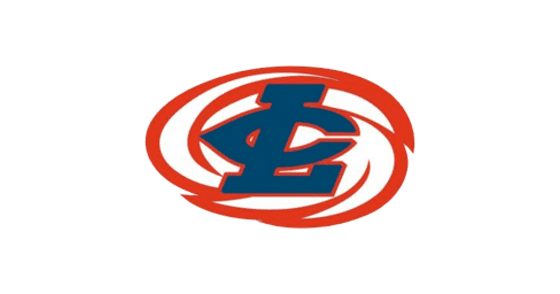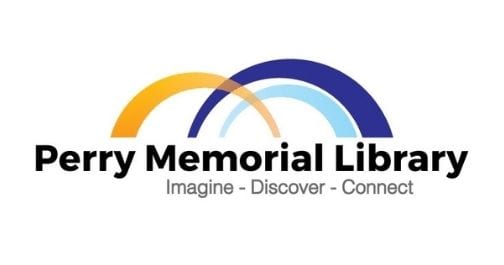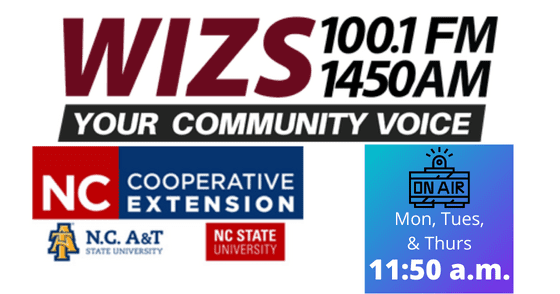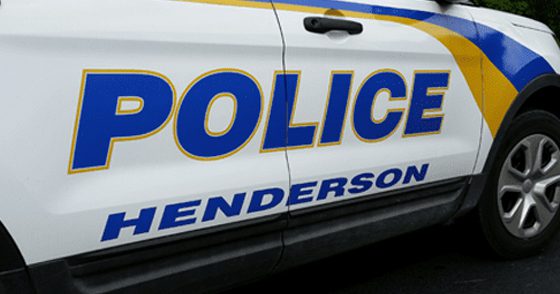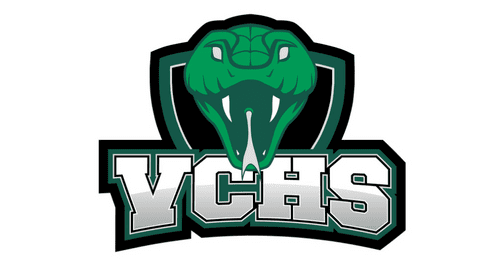For North Carolina Treasurer Dale Folwell, top issues on his radar continue to be the financial health of the state, as well as keeping fully funded the state employees’ pension plan, health-care concerns and understanding the effects of COVID-19.
Folwell, a Republican, won re-election in November to a second term as state treasurer. He spoke with John C. Rose on the Dec. 29 edition of Town Talk. “I think the people of North Carolina understand that when the money is right a lot of things are going to be ok eventually. But when the money is wrong, it’s hard to come back,” he said. “As the keeper of the public purse…our only loyalty is to the people who teach, protect and otherwise serve both at the state and the local level.”
Something that Folwell expressed concern about is the recent bill which allows bars and restaurants to sell mixed drinks to go. “I did not vote for that, nor did I vote for the original resolution about shutting down bars and restaurants back in April,” Folwell said. The additional regulations “are the last things (restaurants) need right now in order to comply with the new rule.” People who think that this will solve the restaurants’ problems, he said, “don’t really understand what the problem really is.”
For TownTalk audio click play…
Folwell spoke about the state’s employees and pension plan for retirees and how federal policy changes can affect a state’s policies. “We occasionally have to make changes to sort of gee-haw, so to speak, with the federal laws that are passed…that’s one thing that happened last year,” he said, noting recent changes in Congress regarding taxation of retirement plans. A new Medicare Advantage contract goes into effect in January, which will involve savings to nearly 150,000 retirees on the state health plan, which “will result in a billion dollar savings to the state of North Carolina. “I want you to hear me clearly when I say this. For the Basic Plan, it’s zero premium to the member and zero cost to the state of North Carolina. It’s an unheard-of negotiation and we’re very pleased with this.” Humana is the health-care provider driving the business, he added.
“I think that the policy-makers in North Carolina need to be focused on how we flatten the economic curve of the state,” Folwell said in response to a question about the latest round of federal COVID-19 relief funds and those who have lost their jobs during the pandemic. Leaders need to figure out “how we put the joy of achievement back in the small- and medium-sized business owners,” especially noting how, especially restaurant owners, have been “decimated because of COVID…generations folks in these businesses that are going to shut down permanently. We can only do that as policy makers if we do it transparently, if we do it consistently, if we do it by willing to challenge assumptions and that’s just the biggest challenge we have right now.”
Folwell mentioned his concern for hospital consolidation and its effect on health care, especially during the pandemic and increased hospitalizations. “This is an issue not regarding the front-line people who provide health care, (but) it’s about these executives that run multi-billion dollar non-profits in North Carolina who make millions of dollars in salary.” When hospital consolidations occur, Folwell said they become like “cartels, they’re formed in order to restrict competition or raise prices and the people that suffer the most are those in our state who are lower- or fixed-income,” he added.
In addition to the political issues, however, Folwell encouraged everyone to check out nccash.com, a website that can help bring together residents with unclaimed money being held in the state’s Escheats Fund for safekeeping. That amount stands at $900 million, according to Folwell.
“We found $2,500 for the Carolina Panthers,” Folwell noted, adding that the Panthers’ organization gave the money to a domestic violence abuse shelter in Charlotte. The shelter, Folwell said, also had money in the fund, as well as three of the reporters covering the original donation to the shelter. “It’s amazing how much money is there,” Folwell said. “We’ve given out over $25 million out of nccash.com just since July 4.”
Be patient, he advised, since there is now a backlog for the process, which he attributes to more people being at home and researching whether they have money in the fund. “Once the money is there, it’s there forever. It’s not a gimmick. It’s the last paycheck that didn’t get delivered to you, it’s the rent deposit that didn’t deliver to you, small bank account or in one case, a $600,000 life insurance proceed to someone designated to a beneficiary and no one had ever told them.”

